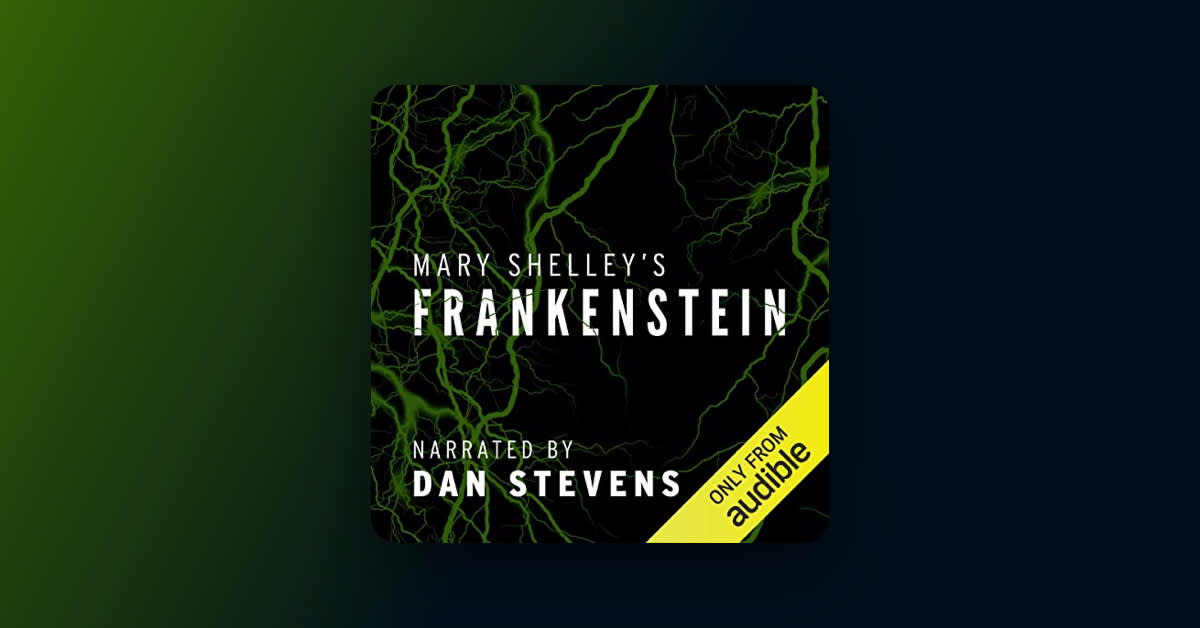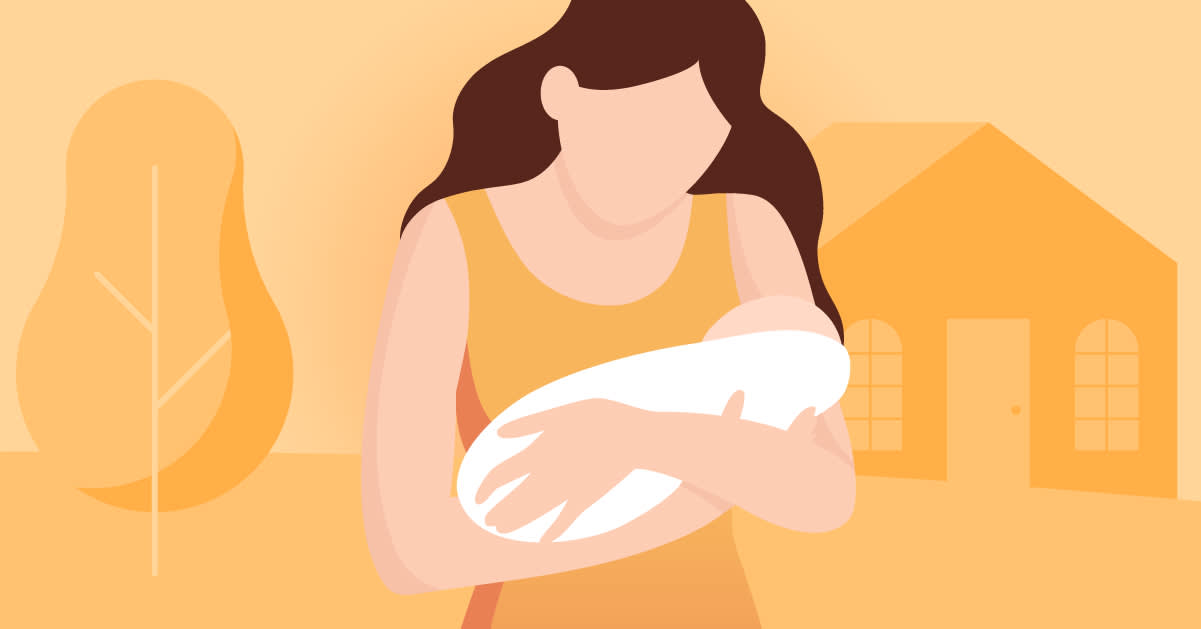Published in 1818, Frankenstein is a groundbreaking gothic novel by the English writer Mary Shelley. Spanning locales from Geneva and the Swiss Alps to the frozen Arctic, it explores the tragic consequences of hubris and unbridled ambition. The story begins with Victor Frankenstein, a young scientist obsessed with discovering the secret of life. In an attempt to play God, he sets out to create his version of Adam–and winds up breathing life into a monster. While hideous in appearance, the creature, which refers to itself as a "fallen angel," has the ability to feel emotions similar to human beings. Thrust into a hostile world, the nameless creature seeks acceptance and struggles with the pain of rejection, especially from the creator who is now determined to destroy it.
More than the inspiration for an iconic horror movie character. Frankenstein raises urgent questions about the ethical boundaries of scientific innovation, which affect fields from genetics to AI. Below are 30+ thought-provoking quotes from the Shelley's classic cautionary tale.
On knowledge and ambition
"How dangerous is the acquirement of knowledge.”
"Of what strange nature is knowledge! It clings to a mind when it has once seized on it like a lichen on a rock."
"Seek happiness in tranquility and avoid ambition, even if it be only the apparently innocent one of distinguishing yourself in science and discoveries.”
"I was required to exchange chimeras of boundless grandeur for realities of little worth.”
"Sorrow only increased with knowledge. Oh, that I had forever remained in my native wood, nor known or felt beyond the sensations of hunger, thirst, and heat!”
"The words induced me to turn towards myself. I learned that the possessions most esteemed by your fellow creatures were high and unsullied descent united with riches.”
"Nothing contributes so much to tranquilize the mind as a steady purpose–a point on which the soul may fix its intellectual eye.”
"Invention, it must be humbly admitted, does not consist in creating out of void, but out of chaos; the materials must, in the first place, be afforded: it can give form to dark, shapeless substances, but cannot bring into being the substance itself.”
"It seemed to me as if nothing would or could ever be known. All that had so long engaged my attention suddenly grew despicable.”
"What can stop the determined heart and resolved will of man?"
On creation and destruction, life and death
"Beware; for I am fearless, and therefore powerful.”
"Frightful the storm which embraced the gallant vessel on its course and wrecked it-thus!”
"You accuse me of murder; and yet you would, with a satisfied conscience, destroy your own creature. Oh, praise the eternal justice of man!”
"I look on the hands which executed the deed; I think on the heart in which the imagination of it was conceived, and long for the moment when these hands will meet my eyes, when that imagination will haunt my thoughts no more.”
"Then the appearance of death was distant, although the wish was ever present to my thoughts, and I often sat for hours motionless and speechless, wishing for some mighty revolution that might bury me and my destroyer in its ruins.”
"We are fashioned creatures, but half made up."
"I endeavored to crush these fears and to fortify myself for the trial which in a few months I resolved to undergo; and sometimes I allowed my thoughts, unchecked by reason, to ramble in the fields of Paradise.”
"Invention, it must be humbly admitted, does not consist in creating out of void, but out of chaos.”
"I will revenge my injuries; if I cannot inspire love, I will cause fear.”
“Heavy misfortunes have befallen us, but let us only cling closer to what remains, and transfer our love for those whom we have lost to those who yet live.”
“I could not understand why men who knew all about good and evil could hate and kill each other.”
“To examine the causes of life, we must first have recourse to death.”
"Life, although it may only be an accumulation of anguish, is dear to me, and I will defend it."
“But soon, I shall die, and what I now feel be no longer felt. Soon these burning miseries will be extinct.”
On isolation and loneliness
"All joy was but a mockery, which insulted my desolate state, and made me feel more painfully that I was not made for the enjoyment of pleasure.”
"Everywhere I see bliss, from which I alone am irrevocably excluded.”
"I have no friend … when I am glowing with the enthusiasm of success, there will be none to participate in my joy; if I am assailed by disappointment, no one will endeavor to sustain me in dejection.”
"The fallen angel becomes a malignant devil. Yet even that enemy of God and man had friends and associates in his desolation; I am alone."
"I am alone and miserable. Only someone as ugly as I am could love me."
“I believed myself totally unfitted for the company of strangers.”
"Satan had his companions, fellow-devils, to admire and encourage him; but I am solitary and abhorred."
"Sometimes I wished to express my sensations in my own mode, but the uncouth and inarticulate sounds which broke from me frightened me into silence again.”
“It is true, we shall be monsters, cut off from all the world; but on that account we shall be more attached to one another.”
"Yet why were these gentle beings unhappy? They possessed a delightful house ... and still more, they enjoyed one another's company and speech.”
"I desire the company of a man who could sympathize with me, whose eyes would reply to mine."
“I felt emotions of gentleness and pleasure, that had long appeared dead, revive within me. Half surprised by the novelty of these sensations, I allowed myself to be borne away by them, and forgetting my solitude and deformity, dared to be happy.”
On the burden of human emotions and life's uncertainties
“There is something at work in my soul, which I do not understand.”
“I was benevolent and good; misery made me a fiend. Make me happy, and I again shall be virtuous.”
"There is love in me the likes of which you've never seen. There is rage in me the likes of which should never escape.”
"The different accidents of life are not so changeableas the feelings of human nature."
"These were wild and miserable thoughts; but I cannot describe to you how the eternal twinkling of the stars weighed upon me, and how I listened to every blast of wind, as if it were a dull ugly siroc on its way to consume me.”
"Nothing is more painful to the human mind than after the feelings have been worked up by a quick succession of events, the dead calmness of inaction and certainty which follows and deprives the soul both of hope and fear.”
“I am malicious because I am miserable.”
"When falsehood can look so like the truth, who can assure themselves of certain happiness?"
"Nothing is so painful to the human mind as great and sudden change."
"Some years ago, when the images which this world affords first opened upon me, when I felt the cheering warmth of summer and heard the rustling of the leaves and the warbling of the birds, and these were all to me, I should have wept to die; now it is my only consolation.”
“How mutable are our feelings, and how strange is that clinging love we have of life even in the excess of misery!”





